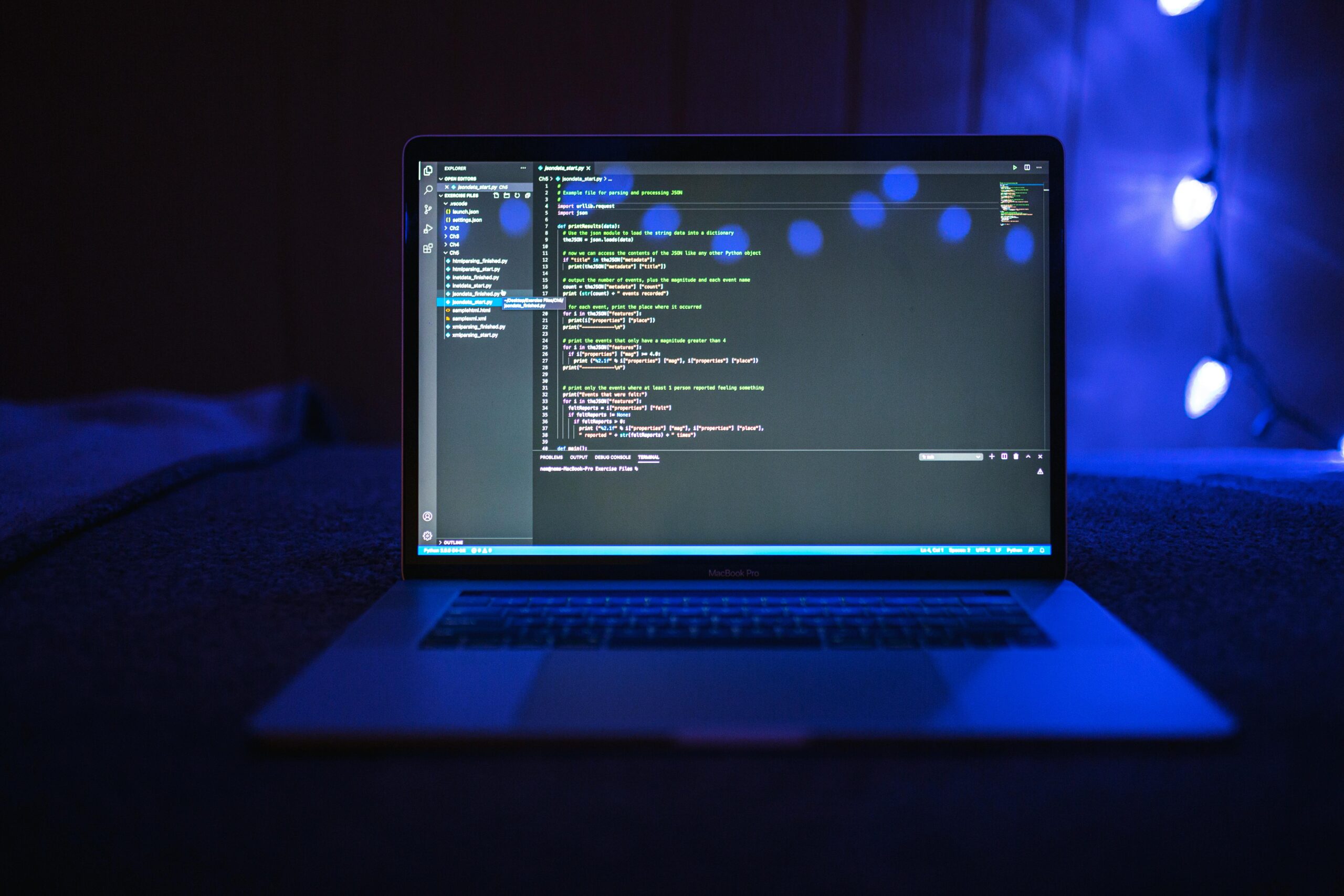Photo by Nemuel Sereti
From Petroleum Engineering to Python
Tech! Tech!!
What a buzzword lately. “Transition into tech,” people will say to one another. AI is exploding, and Model Context Protocol (MCP) is the next big thing. But for me, it is not just a trend. It’s a story of growth—the ability to create things out of your imagination, to discover a new path that challenges me daily, and to enjoy the reward that comes with every single step.
Who Am I?
My name is Kingsley Ezeudu—a Petroleum Engineer who graduated with distinction, a certified data analyst, and now, a software developer with a growing passion for building solutions using Python.
Where It All Began
I started by thinking about what I would become in the future, like any other high school graduate. Petroleum engineering seemed like a good path to start off with, especially given the region and country I was from—it was a big discipline to delve into. I loved it and gave it my best. I was a bright student, which is why I graduated with distinction.
The Data Analytics Chapter
After graduation, during my paramilitary service, I began exploring data analysis to expand my portfolio. I liked the idea of being called “an Engineer and Analyst” or “an Analytical Petroleum Engineer.” It sounded pleasant to me. I earned an Associate Certification in Data Analysis from DataCamp.
Python was introduced to me during my time at DataCamp as one of the tools used in analysis. But at that point, I didn’t really focus on it—I was mainly chasing the certificate. I learned what was necessary for data analysis alongside tools like Microsoft Excel, Power BI, and SQL. I even built a 10-year budget planner with Excel.
Something Was Missing
Despite all these certifications, I still felt unfulfilled. I knew something was missing. I wanted to be a creator—someone who makes things for people to use, who solves problems, automates tasks, and brings ideas to life.
With the little Python knowledge I had from my data analytics classes, I began researching software development. I realized I wanted the power to create by “speaking to computers.”
“I have to start now,” I said to myself.
With the positive reviews I got from different individuals about Python, I decided this was the path I would take.
Enter Python, for Real This Time
Just like starting anything new, consistency was tough, but I stayed the course. I began learning Python through Coursera, starting with Python for Everybody by Dr. Charles Severance (Dr. Chuck). I followed the course to the end, from basics to somewhat advanced topics. It was a journey I truly enjoyed.
Since finishing the advanced class in November 2024, I’ve built many small projects. Things became more interesting—I started realizing I was gaining superpowers. Writing code from scratch to perform exactly what I intended was beautiful.
(Let’s not talk about the errors and frustrations… yet.)
The Game-Changer Project
One major project changed the game for me. I built a software solution that integrated a RESTful API with my bank and a P2P platform. It enabled real-time payments and assessments for any new client who placed an order.
It had over 1,000 lines of code across six files.
Wait a minute. In just under four months, I’ve been able to:
- Write a program with 1,000+ lines of code
- Import and use Python modules
- Work with the asyncio module
- Apply OOP principles using classes
That is impressive. This is me giving myself some accolades.
Unfortunately, that particular project won’t be accessible due to certain reasons. However, you can check out many of my other projects on my project portfolio page or simply click here.
Real Talk: It Hasn’t Been Easy
To anyone reading this, this journey hasn’t been without challenges.
Debugging bugs late into the night, feeling stuck on logic problems, learning best practices—it hasn’t been easy.
But with dedication, you can do it.
AI tools like ChatGPT and DeepSeek have made debugging easier, so use them to your advantage (Note: write the code yourself and use AI when you’re stuck). And yes, module documentation remains my best friend.
What’s Next for Me?
I’m still learning. I’m not yet where I want to be. There’s so much I still don’t know. But I’m committed to learning other languages to become a better software developer.
Right now, I’m focused on:
- Deepening my backend development skills (Django)
- Contributing to open-source projects
- Building scalable systems
I’m also interested in mobile development—Flutter is on my radar. I’m actively seeking opportunities to work on real-world tech problems and grow as a developer.
Weekly Project Highlights
Starting now, I’ll post a project I’ve worked on each week—the challenges I faced and how I overcame them. I believe this will help me stay consistent and expand my coast.
Thanks for reading. See you in the next post.

